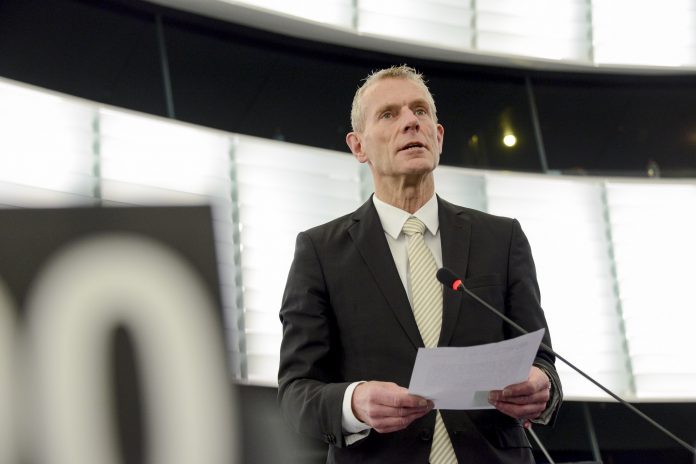As the majority of the European Parliament has voted in favour of the free trade agreement with Japan today, GUE/NGL says we must seriously consider the consequences.
Helmut Scholz MEP highlights the economic impact: “The tariff revenue of the EU will be reduced by 1.6 billion euros through this agreement. This amount is equivalent to the budgetary loss that would be created if Finland left the EU,” and raises the question: “How do the Member States and the European Commission plan to compensate for this massive loss in the budget?”
According to a GUE/NGL press release the agreement does not offer any answers to this problem. The Commission presents an optimistic assumption that this agreement will increase the EU’s gross national income by 0.14 per cent by 2035. But that is a contribution so small that statisticians cannot even measure it.
Without any doubt, the Left Group says, the agreement will massively accelerate the interconnection of the European and Japanese economies, but there are negative consequences. Digitisation and automation of production will increase competition between the economies in many sectors and this will have a deep impact on employment and inequality.
Scholz provides an example: “In Europe, many people will lose their jobs due to increased competition from Japanese companies in the automotive industry. In addition, European manufacturers will be forced to continue replacing humans with robots in production facilities, which means even more job losses.”
“But the economic restructuring needed to compensate for this is being ignored by the political and economic stakeholders. The agreed dispute settlement mechanisms are not sufficient to cover these challenges. As a result, Member States and municipalities will face severe social consequences,” he continues.
“In Japan, the importation of much cheaper agricultural products from Europe will result not only in a more diverse array of products for Japanese consumers, but also in more unfair competition for Japanese farmers, especially small farmers,” he added.
“We reject this free trade agreement with Japan and call for fair and ethical trade, not free trade,” Scholz concludes.

